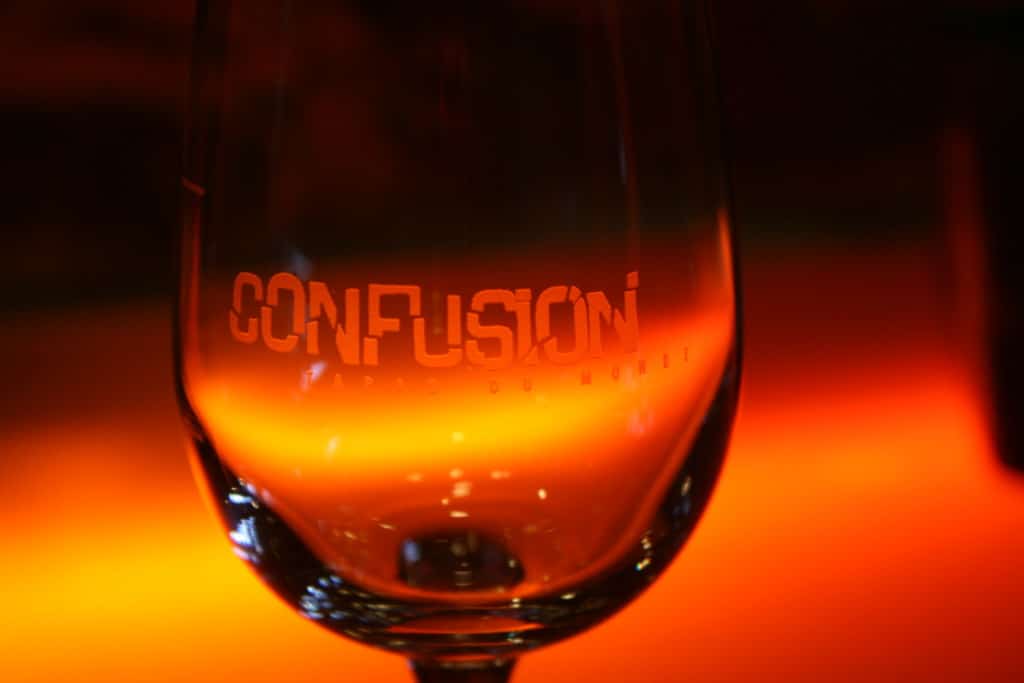Trademark Infringement and Exports after Abitron
Two years ago, in Abitron Austria GmbH v. Hetronic International, Inc. (2023), the Supreme Court applied the presumption against extraterritoriality to the federal trademark statute (the Lanham Act), holding that the Act applies only to domestic conduct. Abitron involved imports. Products bearing an infringing trademark were made abroad, some of which were sold, directly or…
Continue ReadingAbitron on Remand
Last year, in Abitron Austria GmbH v. Hetronic International, Inc., the Supreme Court held that the federal trademark statute—known as the Lanham Act—applies only to domestic conduct infringing U.S. trademarks. A group of Austrian and German companies collectively known as “Abitron” placed U.S.-protected trademarks owned by a U.S. company, Hetronic, on products made in Europe. Some of…
Continue ReadingThe New (Old) Presumption Against Extraterritoriality
The reach of U.S. law keeps changing. For decades—in fact, off and on for more than a century—U.S. courts have turned to the presumption against extraterritoriality to determine the geographic scope of federal statutes. When the presumption changes, so does the reach of U.S. law. And the presumption has changed a lot lately. Most recently,…
Continue ReadingSupreme Court Roundup (October Term 2022)
During its 2022 Term, which ended four weeks ago, the Supreme Court decided five cases with important implications for transnational litigation. The questions included whether the Foreign Sovereign Immunities Act (FSIA) applies to criminal proceedings; the standard for aiding and abetting under the Anti-Terrorism Act (ATA); whether states may exercise general personal jurisdiction over foreign…
Continue ReadingAbitron Eliminates Circuit Tests but Causes More Confusion
During the oral argument in Abitron Austria GMBH v. Hetronic International, Inc., Justices Alito, Sotomayor, Gorsuch, and Barrett all expressed concern over whether the Court should overrule its 1952 decision in Steele v. Bulova Watch Co (1952). A reader of the Court’s majority decision by Justice Alito might be surprised to see that the majority…
Continue ReadingWhat is a “Domestic Application” of the Lanham Act? The Supreme Court Creates More Questions than It Answers
In Abitron Austria Gmbh v. Hetronic International, Inc., the Supreme Court appears to have returned to its recent preference for bright-line rules in cases assessing the extraterritoriality of federal statutes, but the brightness of this rule will dim as other fact patterns are considered.
Continue ReadingSupreme Court Holds that Trademark Statute Applies Only to Domestic Conduct
Last week, in Abitron Austria GmbH v. Hetronic International, Inc., the Supreme Court held that the federal trademark statute—known as the Lanham Act—applies only to domestic conduct infringing U.S. trademarks. The case involved foreign companies that put U.S.-protected trademarks on products that they made in Europe, most of which were sold to customers abroad, but…
Continue ReadingSupreme Court Holds Lanham Act Does Not Apply Extraterritorially
In Abitron Austria v. Hectronic International, the Supreme Court held that the federal trademark statute does not apply extraterritoriality, with the majority emphasizing that conduct relevant to the statute’s focus must occur within the United States.
Continue ReadingAbitron: Media Coverage Round-Up
On March 21, the Supreme Court heard oral arguments in Abitron Austria GmbH v. Hetronic International, Inc., a case on review from the Tenth Circuit raising the geographic reach of federal law. The respondent, an Oklahoma-based electronics manufacturing company, brought a trademark infringement claim under the Lanham Act against the petitioner, a group of German…
Continue ReadingSupreme Court Focuses on Consumer Confusion in Extraterritorial Trademark Case
Yesterday, the Supreme Court heard oral argument in Abitron Austria GmbH v. Hetronic International, Inc. The question before the Court is when the federal trademark statute, known as the Lanham Act, applies to the use of trademarks outside the United States. The respondent, a U.S. company that makes radio remote controls for heavy construction equipment,…
Continue Reading






